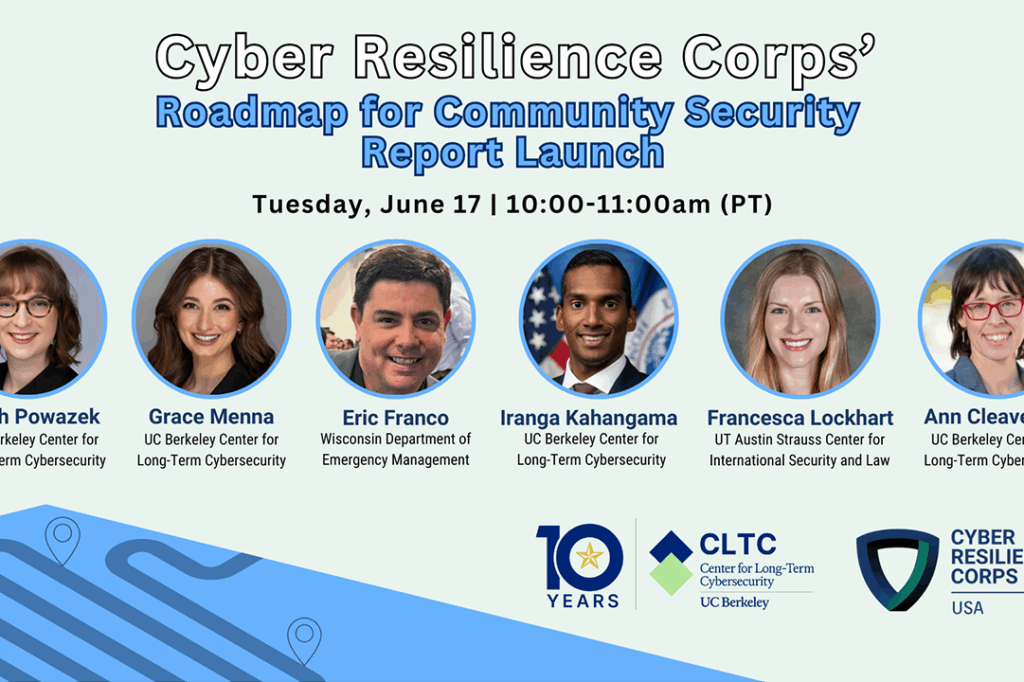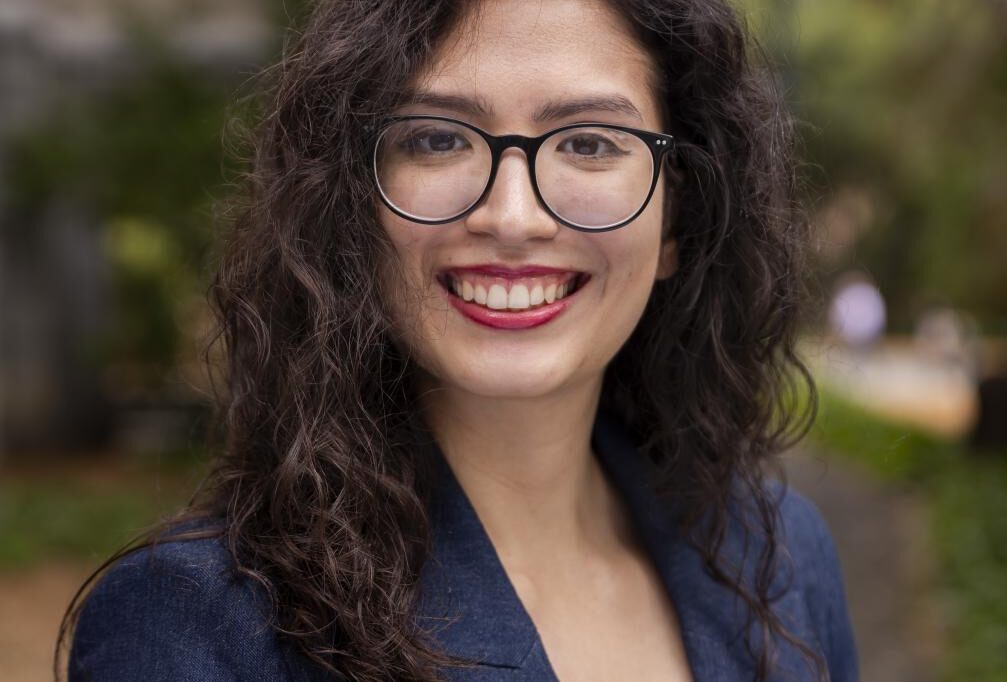Since 2018, the UC Berkeley School of Information (I School) and Center for Long-Term Cybersecurity (CLTC) have pioneered the “Citizen Clinic,” an innovative student-led intervention to help public-serving organizations gain skills to protect themselves against malicious governments, powerful corporations, hate groups, and extremists.
During summer of 2021, a dozen students from the I School’s Master of Information and Cybersecurity (MICS) degree program participated in the Citizen Clinic through an online course led by Tiffany Rad, a lecturer at the School of Information. Following six weeks of training and orientation, the students were divided into two teams, which were then assigned to one of two grassroots international organizations helping migrants and refugees.

“We learn through interviews with the organizations, what assets are they working to protect?” Rad explains. “What type of networks do they use? Where do they store the information? Who has access to it? Is it encrypted? These are kinds of questions the students will inquire of the client. These kinds of cybersecurity assessments would be extraordinarily expensive, and most nonprofits could not afford this, so we really are providing a valuable asset.”
As part of the course’s curriculum, students set up protocols to protect themselves and their clients on the internet, such as virtual private networks (VPNs), multi-factor authentication, and anonymized email accounts. “When we teach the students, it’s also so they can teach the clients these skills as well,” Rad says.
One student team worked on behalf of a client organization that provides psychological counseling and other resources to migrants from the Middle East and Africa who have recently arrived in Greece. The other team assisted an organization that provides support to refugees who were displaced following the Nagorno-Karabakh conflict, an ethnic and territorial conflict between Armenia and Azerbaijan.
Prior to the engagement, both organizations lacked basic security awareness and infrastructure, and they had limited resources and know-how about how to secure sensitive data assets. They also sought guidance in ensuring their social media accounts were not taken offline due to the actions of online “trolls.”
Citizen Clinic students gain a variety of skills that go beyond technical know-how, including teamwork and cross-cultural communication. “What was a pleasant surprise to me is how students with various backgrounds were able to add significant value,” says Nathan Wiebe, a MICS student who led one of the teams. “The diverse composition of backgrounds helped us put together something that helped the client, not just from a traditional cybersecurity perspective, but from all of the areas of operation. It was very, very illuminating for me.”
“The communication and soft skills that we learn are very valuable,” says Citizen Clinic participant Leena Singal, a student in the UC School of Information’s MICS program and a member of the information security team at Stripe. “You have to deal with sensitive situations, and find ways to implement security without incurring any cost to the NGO. We help them conduct their operations securely, and we educate them that basic security awareness is essential.”
Citizen Clinic has launched its Fall 2021 curriculum, and is currently enrolling 12 students. This semester, Citizen Clinic students are working with clients in two Latin American countries, as well as in California. Citizen Clinic has trained more than 80 students since its inception, half of whom are women, and has served 10 non-profit clients on four continents, ranging from women’s reproductive rights organizations to LGBTQ and international indigenous rights groups.
“We’d like to expand the program to include more students and instructors,” Rad says. “By the end of the semester, the students really recognize the impact they have by doing these projects. Many of them say they’re going to continue to do this work on a volunteer basis after they leave the Clinic. That’s so rewarding for me to hear as an instructor.”
The UC Berkeley School of Information and Center for Long-Term Cybersecurity introduced the concept of public interest cybersecurity clinics, and have worked to expand the clinic model to other universities. The curricula are available as a free open-source resource through The Citizen Clinic Cybersecurity Education Center.
“It’s exciting that what UC Berkeley has launched might scale up as a national and international model that other universities can emulate,” Rad says. “This kind of program is urgently needed to help organizations around the world that are in dire need of digital security defense, and it is helping to train a diverse group of students with skills in both technology and public service.”
Watch a panel discussion on the “Future of Public Interest Cybersecurity Clinics” from the 2021 CLTC Research Exchange.




